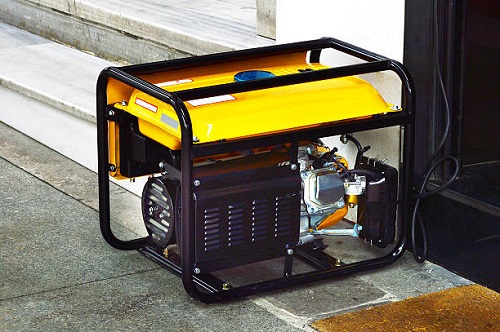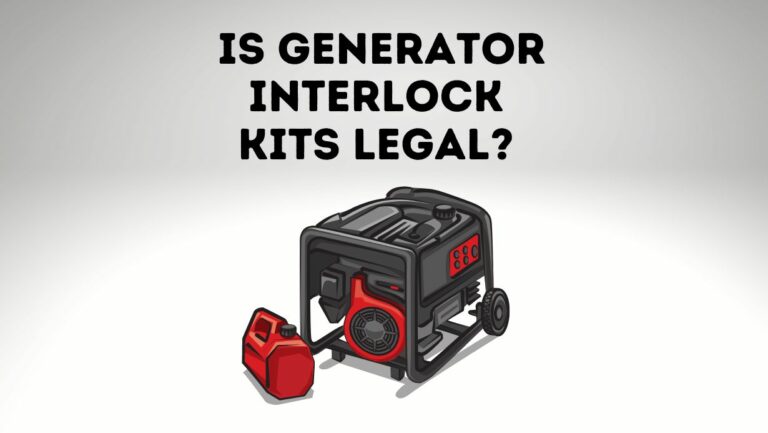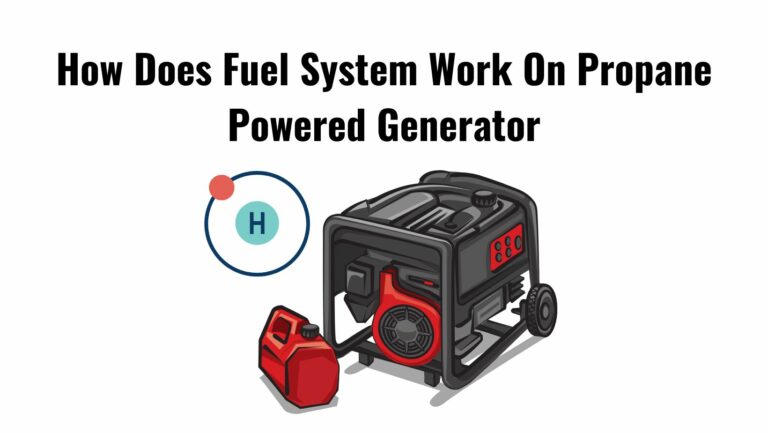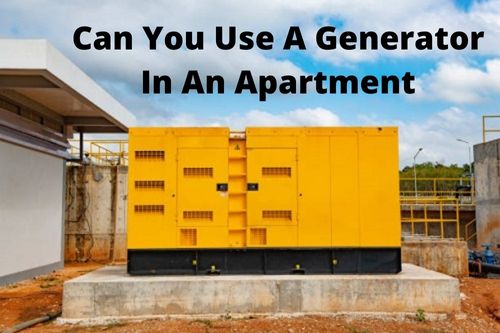
If you’re wondering how long you can run a generator before needing to refuel, the answer depends on the size of the generator. A small generator typically needs to be refuelled every three to four hours, while a large generator can run for eight to ten hours on a single tank of fuel.
Keep in mind that these times will vary depending on the load put on the generator and the type of fuel used. So if you need to run a generator for an extended period of time, it’s best to plan ahead and have plenty of fuel on hand.
How Long Can You Run A Generator?
The answer to this question depends on the size of your generator. A small generator will need to be refuelled every 3-4 hours, while a large generator can run for 8-10 hours on a single tank of fuel. The type of fuel you use will also affect how long your generator can run.
For example, using propane will help your generator run for a longer period of time than if you were using gasoline.
If you need to run a generator for an extended amount of time, it is best to plan ahead and have plenty of fuel on hand. This will help you avoid any disruptions in service.
Generator types
There are two main types of generators: portable and standby.
Portable generators are small and can be moved around easily. They’re typically used for powering small devices like laptops or phones. Standby generators are larger and must be installed by a professional.
Standby generators are used to power essential devices in a home or business during a power outage.
Portable generators are less expensive than standby generators, but they’re not as reliable.
How long can a standby generator run?
A standby generator can run for as long as it has fuel. However, most standby generators have a tank that holds around 250 gallons of fuel. This will allow the generator to run for around 10 days.
To extend the runtime of a standby generator, you can purchase a fuel tank that holds more fuel. This will increase the price of the generator, but it will also give you peace of mind knowing that your generator can run for a longer period of time.
How long can a portable generator run?
A portable generator can run for as long as it has fuel. However, most portable generators have a tank that holds around 4-6 gallons of fuel. This will allow the generator to run for around 3-4 hours.
To extend the runtime of a portable generator, you can purchase a fuel tank that holds more fuel. This will increase the price of the generator, but it will also give you peace of mind knowing that your generator can run for a longer period of time.
Effect of fuel sources on generator run time
The type of fuel you use will affect how long your generator can run. For example, using propane will help your generator run for a longer period of time than if you were using gasoline.
To get the most out of your generator, it is important to choose the right fuel source.
The following list includes the most common fuel sources and their average runtime:
-Gasoline: 3-4 hours
-Diesel: 8-10 hours
-Natural gas: 24 hours
–Propane: 10-12 hours
How to make your generator run longer?
There are a few things you can do to make your generator run for a longer period of time:
-Purchase a fuel tank that holds more fuel. This will increase the price of the generator, but it will also give you peace of mind knowing that your generator can run for a longer period of time.
-Use the right fuel source. Using propane will help your generator run for a longer period of time than if you were using gasoline.
-Be mindful of the load you’re putting on the generator. Running appliances that use a lot of power will shorten the runtime of your generator.
-Have your generator serviced regularly. This will help to ensure that it is running at peak efficiency.
-Purchase a standby generator. Standby generators are more expensive than portable generators, but they’re also more reliable. A standby generator can run for as long as it has fuel.
Conclusion
In this article, we’ve looked at some factors that affect how long a generator will run. Now that you know what to consider, you can choose the right model for your needs and be confident that you’ll have enough power when the lights go out






